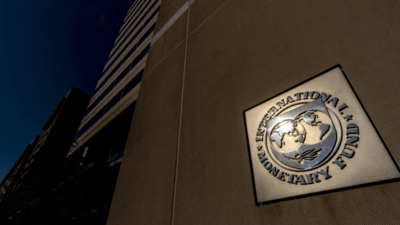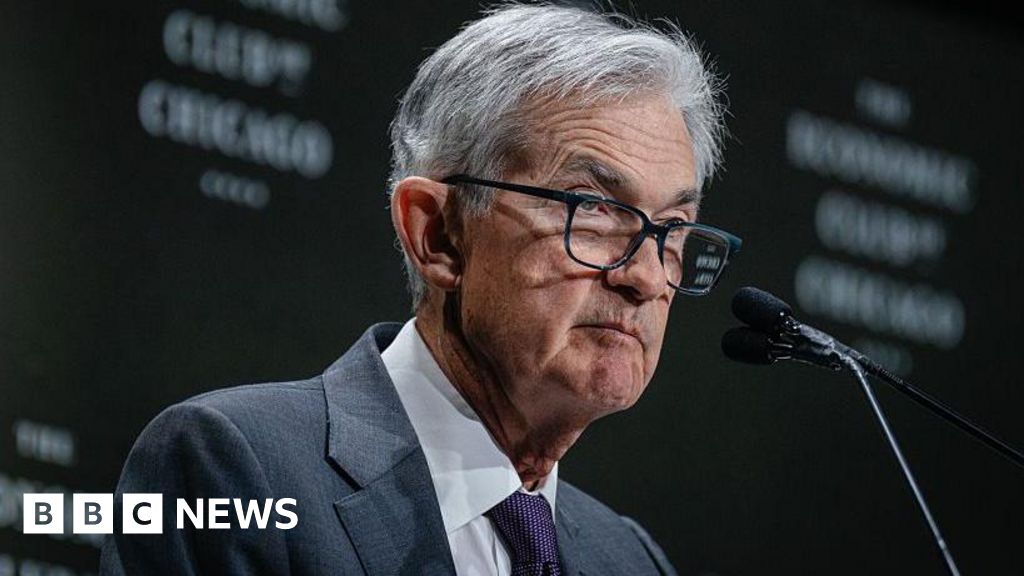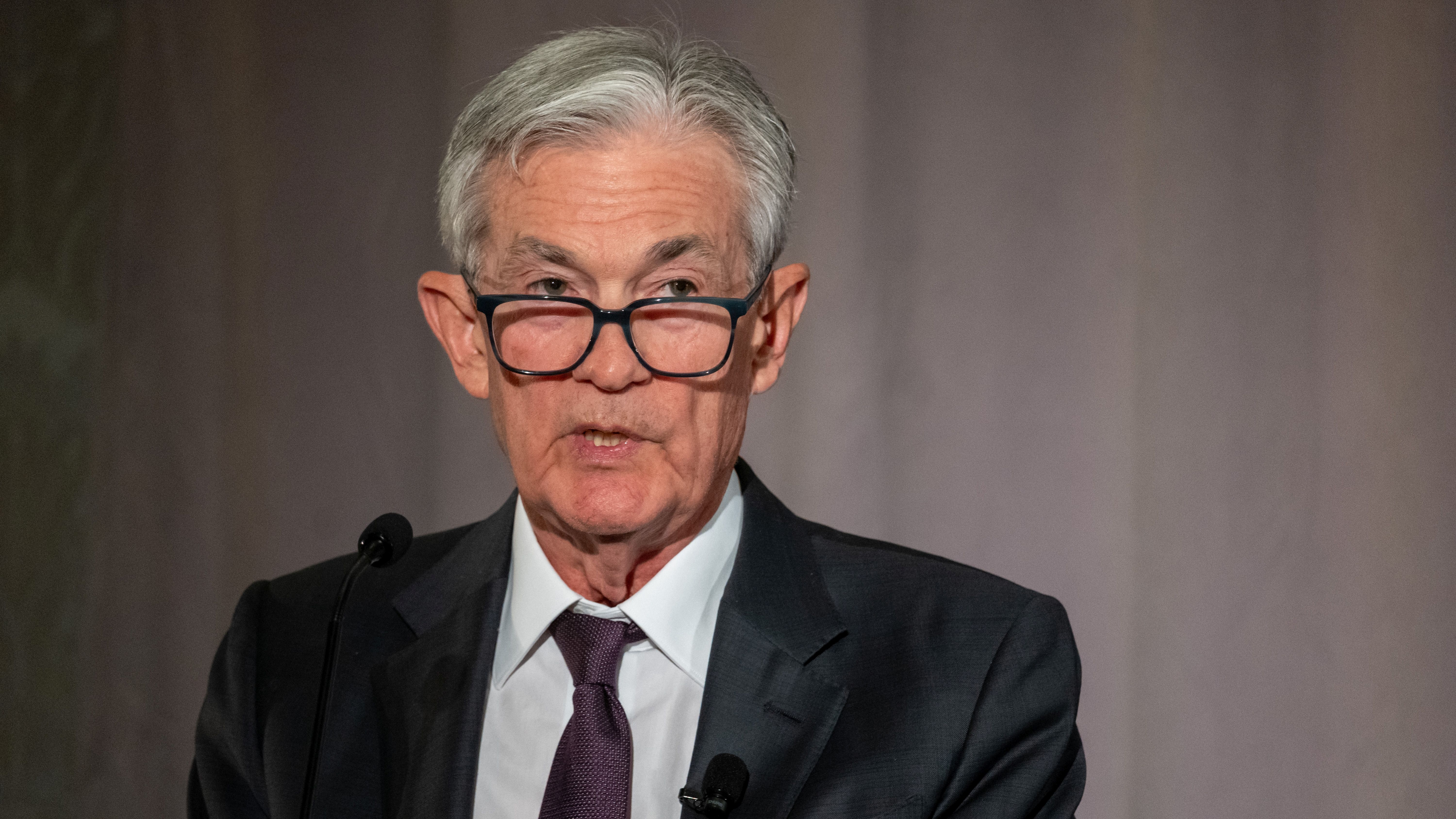IMF Chief Foresees Global Economic Challenges Amid Trade Tensions

Photo credit - AP
The head of the International Monetary Fund (IMF), Kristalina Georgieva, delivered a cautious yet optimistic outlook for the global economy on Thursday. During her press conference held in Washington, she stated that the world is likely to dodge a recession despite the significant global trade tensions that have been exacerbated by the sweeping tariffs imposed by U.S. President Donald Trump. However, Georgieva emphasized that the fallout from these trade disruptions will come at a substantial cost.
Addressing reporters ahead of the upcoming Spring Meetings of the IMF and World Bank, Georgieva indicated that the Fund expects notable markdowns to global growth rates, although a complete economic contraction is not anticipated. Trade disruptions incur costs, she noted, highlighting the recent market volatility triggered by the unpredictable nature of Trumps tariff policiesdescribed as a stop-start approach. This has resulted in the sharpest market fluctuations observed since the COVID-19 pandemic, as reported by AFP.
This is a reminder that we live in a world of sudden and sweeping shifts, she articulated in her prepared remarks. And it is a call to respond wisely. Her statements suggest that the IMF may be preparing to revise its previous global growth forecasts, which predicted a rate of 3.3 percent for both 2025 and 2026, in its forthcoming World Economic Outlook report scheduled for release next Tuesday.
Georgieva pinpointed three major risks associated with the escalation of global trade barriers, particularly highlighting the vulnerabilities faced by smaller advanced economies and emerging markets that heavily depend on international trade. First, uncertainty is costly, she explained. It becomes difficult for businesses to formulate future plans if they are unsure about the costs of their inputs.
In her second point, she remarked, Rising trade barriers hit growth upfront. She elaborated that tariffs function similarly to taxes, generating revenue but simultaneously reducing economic activity and shifting it elsewhere. Her third observation warned that protectionism erodes productivity over the long run, particularly in smaller economies.
In response to these challenges, Georgieva called on nations to take corrective measures at home. She urged governments to adjust fiscal policies aimed at reducing debt burdens and to maintain the independence of central banks through agile and credible monetary policies. She provided country-specific recommendations, suggesting that China should encourage domestic consumption and transition away from a state-driven, export-heavy growth model.
For the United States, she urged authorities to take decisive actions to put the skyrocketing public debt on a declining path. Meanwhile, the IMF chief underscored the necessity for the European Union to enhance its competitiveness by deepening the single market.
In trade policy, the goal must be to secure a settlement among the largest players that preserves openness and delivers a more level playing field, Georgieva asserted. Her remarks reaffirm the IMFs longstanding advocacy for free trade and open markets, even as nations grapple with the rising tide of protectionism.
We need a more resilient world economy, not a drift to division, she concluded. And, to facilitate the transition, policies must allow private agents time to adjust and deliver, she added, emphasizing the importance of adaptive policies in navigating the complex landscape of global trade.

























